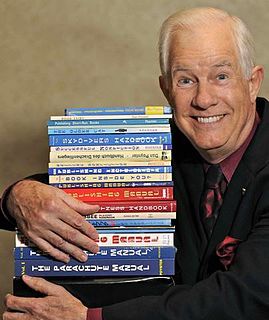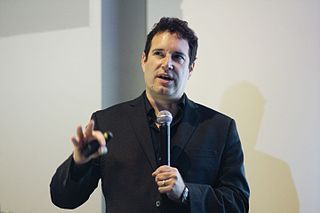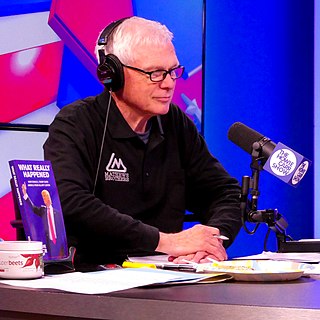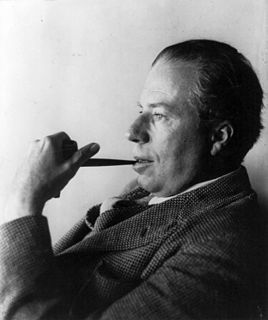A Quote by Jane Lindskold
'Legends Walking' was the first of my books to go to a second printing based on strong initial orders, but much of that printing never found its audience.
Related Quotes
Printing and transporting paper is very expensive, and e-books eliminate the expensive four-color printing, the higher quality paper, the ocean shipping, the customs clearance, the inventory, answering the telephone, writing up the orders, picking, packing and shipping and managing all of these functions. So we eliminate a huge number of costs and the chance that those books won't sell.
In the world's history certain inventions and discoveries occurred, of peculiar value, on account of their great efficiency in facilitating all other inventions and discoveries. Of these were the art of writing and of printing - the discovery of America, and the introduction of Patent-laws. The date of the first ... is unknown; but it certainly was as much as fifteen hundred years before the Christian era; the second-printing-came in 1436, or nearly three thousand years after the first. The others followed more rapidly - the discovery of America in 1492, and the first patent laws in 1624.
My specialty as a collector is books that almost have value. When I love a book, I don't buy the first edition, because those have become incredibly expensive. But I might buy a beat-up copy of the second edition, third printing, which looks almost exactly the same as the first edition except that a couple of typos have been fixed.






































